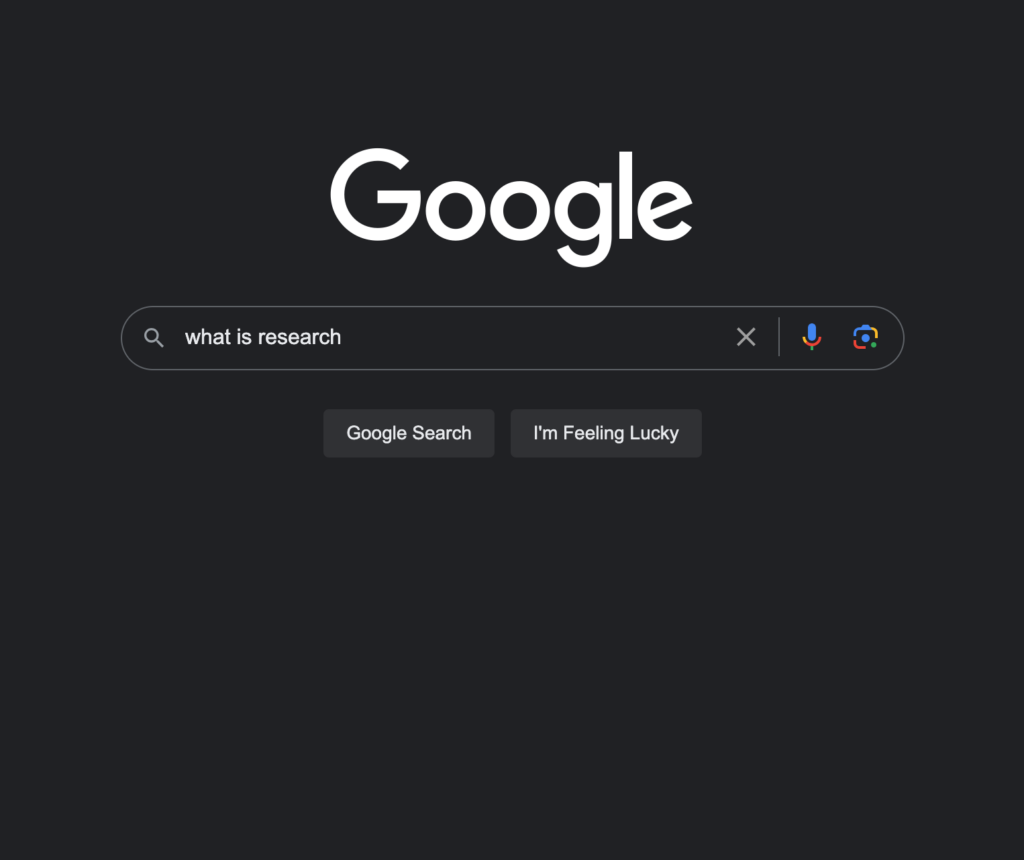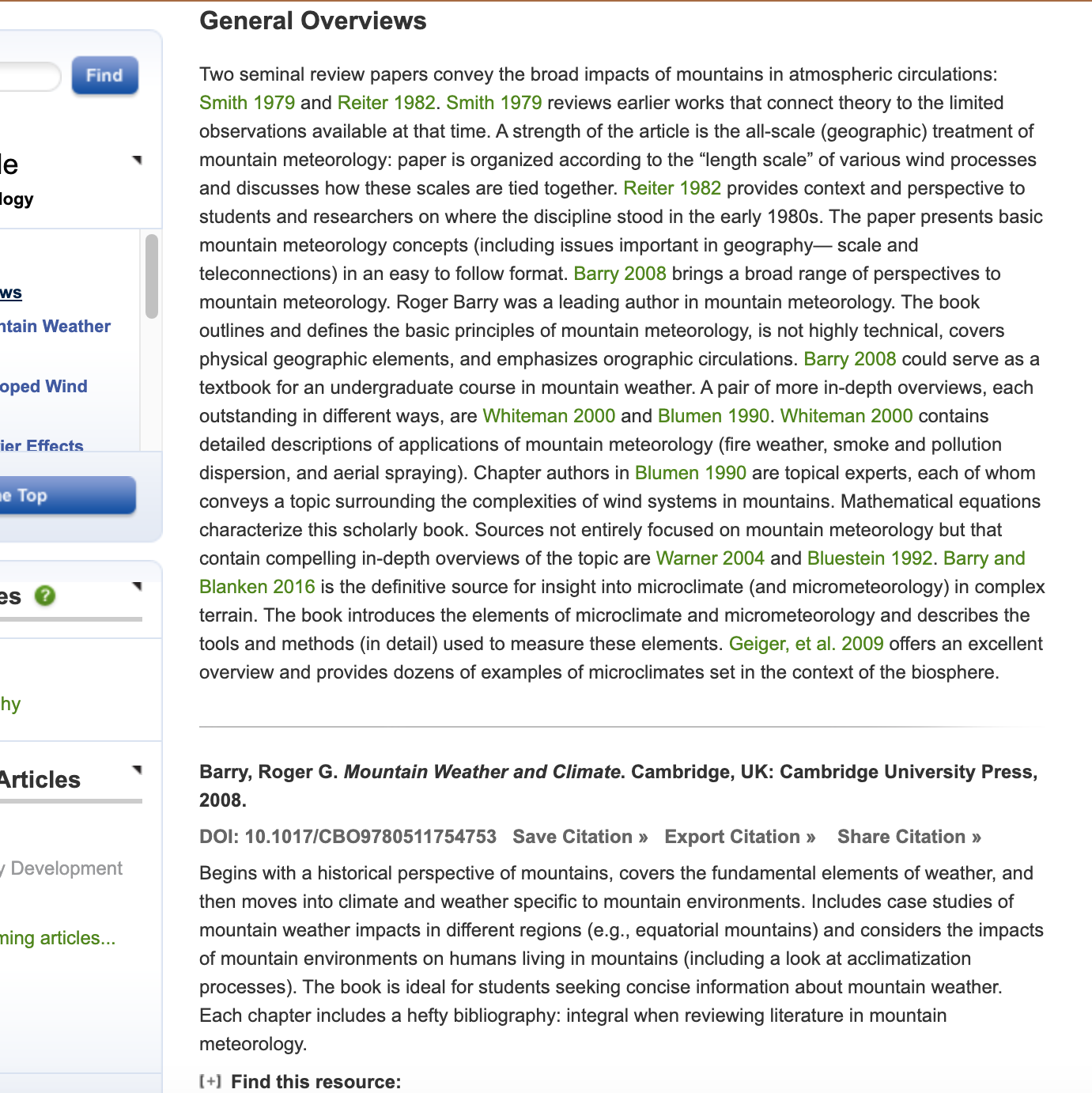
If you’re anything like me, you first thought that “research” essentially amounted to surfing the Internet. Back in the glory days of middle school, “research” meant the rewarded privilege of getting to use the laptop carts, productively using class time on googling information about our various project topics (and definitely not secretly playing games). Now, as the mature, worldly college student you now are, perhaps you think you know better. “True” academic research, the clever reader now knowingly tells themselves, is historians dusting through archival documents and scientists mixing frothy chemicals in the lab.
Yet there’s a missing part here: a crucial element that takes us back to our elementary and middle days of excited googling. To make any significant intellectual contribution to any field, one first has to understand the current state of knowledge in that same field. To borrow the term favored by the Writing Program, we need to understand the scholarly conversation. How do we know if we’re making a contribution to something, if we don’t understand what that something is? Understanding the current state of research in a given field is a crucially important skill—really, a prerequisite—for conducting your own effective research in that field.
But how do we obtain that adequate level of understanding? A potential answer lies in that vast web of human knowledge and stupidity: the Internet! Before I jump into the details, it should be emphasized that the Internet is not your only tool for obtaining information. This may be a novel concept, but physical records and books do in fact exist and are extremely useful for academic research purposes. To access some of those resources, try heading to one of the many libraries on campus, or contacting your personal librarian! Nevertheless, for the scope of this article, I’ll focus on how to use the Internet to learn about a research topic.
Strategies:
1. Databases

Specialized databases are a great starting point to learn about and absorb the scholarly conversation around a given research discipline. Databases like Oxford Bibliographies and Gale in Context are examples of incredibly useful resources that offer detailed, annotated bibliographies for a wide array of diverse and specific topics across numerous disciplines. It would be far too exhaustive to list every useful Internet database here, but there’s no need: if you search a given field/discipline on the Princeton Library website, the website is smart enough to give you a list of recommended databases! It’s important to note that these databases are only a starting point: the point is ultimately to use them as a gateway into the primary and secondary scholarship that makes up the “literature” of a given discipline.
2. Wikipedia
This is perhaps a controversial entry on this list, for obvious reasons. Like me, all your past teachers may have been adamantly opposed to Wikipedia: after all, anyone on the Internet can edit it. And this is certainly a valid perspective. But, just like the aforementioned databases, Wikipedia can be a valuable resource as long as you aren’t using it as the be-all and end-all, but instead as a gateway to other sources. When you scroll to the bottom of a Wikipedia page (at least, a properly written Wikipedia page…), you should find a list of references, often with hyperlinks. These references can be incredibly useful in quickly finding many of the high-impact and “key” papers in a given field.
3. Google Scholar

Once you have a few satisfactory scholarly sources to start with, it’s time to expand. But how? To answer this question, consider the metaphor of an academic family tree. In theory, all academic papers are like interwoven branches of a gigantic tree; as a new paper cites an old one, it can be taken as a new branch being created. Luckily, there exists an extremely comprehensive record of all (or at least most) academic genealogy: Google Scholar. If you find a paper that interests you, you can very easily find related papers in the same scholarly conversation by simply finding that paper on Google Scholar. Once that’s done, you can find handy links to all the papers cited by the paper you’re interested in—and which ones cite it!
While this is hopefully a useful list of resources for your future research exploits, it’s by no means comprehensive. The greater interwebs encompass countless nooks and crannies and nuggets of information, some—of course—more useful and reliable than others. As long as you maintain good judgment, Internet exploration can be an incredibly powerful tool for your research—so explore away!
– Advik Eswaran, Natural Sciences Correspondent

